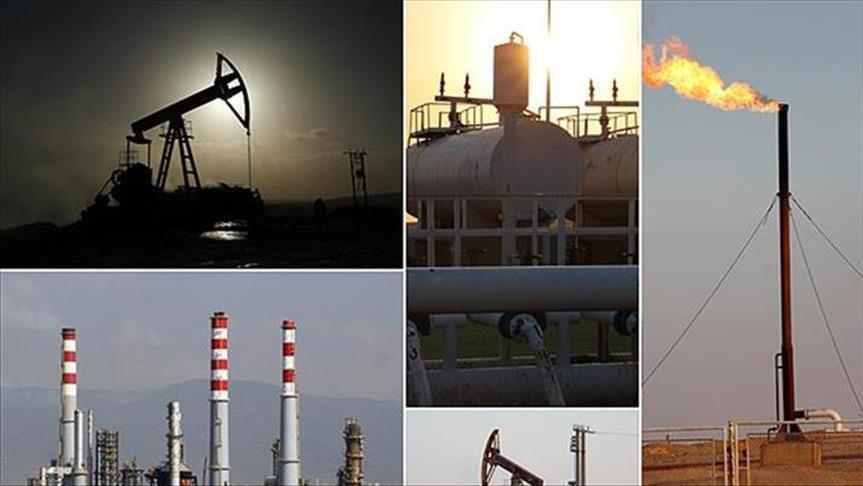Asia, Africa and the Middle East drive nearly all energy consumption growth in the world, the U.S.' Energy Information Administration (EIA) said in a statement on Wednesday. Energy consumption in each region grew by around 20 percent between 2010 and 2016, the EIA said.
Asia, Africa and the Middle East drive nearly all energy consumption growth in the world, the U.S.' Energy Information Administration (EIA) said in a statement on Wednesday. Energy consumption in each region grew by around 20 percent between 2010 and 2016, the EIA said. The key reasons behind increasing energy consumption in the Middle East and Africa are down to economic growth, rising access to energy markets, and rapid population growth in these regions, according to the EIA. "Energy consumption in Asia grew even as energy consumption in China declined between 2015 and 2016," the statement said.
From 2000 to 2013, China saw rapid growth in energy consumption, overtaking the U.S. as the world’s largest energy consumer in 2009. Since 2013, China has consistently used around 40 percent more energy than the U.S., the EIA said. "Although growth in China’s gross domestic product has slowed over this time period, it continues to grow faster than 6 percent per year compared with relatively flat total energy consumption, demonstrating the country’s improvements in energy intensity (GDP per unit energy)," the statement said. The EIA said India’s GDP is growing at a rate of almost 8 percent every year, in parallel with energy use. India has recently surpassed Japan, Canada and Germany in energy consumption, and is likely to overtake Russia as the third highest energy consuming country, according to the EIA.
-Coal use continues to decline
Coal consumption around the world continued to decline as a result of competition from low-cost natural gas while some countries have implemented policies to limit or decrease coal usage. Coal accounted for almost 50 percent of total energy consumption in Asia and Oceania in 2016, the EIA said, noting that China, India, and Australia are all significant coal consumers. Asia and Oceania consumed more energy overall with a 42 percent share of global energy consumption in 2016. The share in the Middle East was 6 percent, while Africa held a 3 percent share, according to the administration. North America's energy consumption grew only by 1 percent between 2010 and 2016, while energy consumption in Europe declined 4 percent between those years, the EIA said. "Globally, petroleum and other liquid fuels (including biofuels such as ethanol and biodiesel) are the most prevalent form of energy consumed," the statement said. "Growing use of these fuels has been supported by increasing supplies of U.S. shale oil and other international sources of liquid fuels that have kept prices relatively competitive," it added.
-Renewables highest in Europe and North America
In 2016, the largest shares of nuclear and renewable energy in the world were in Europe, and in Central and South America; each with a 26 percent share, while North America had a 19 percent share, according to the EIA. "These regions, particularly Europe and North America, have significant renewable resources as well as policies that encourage renewable energy usage, especially wind and solar," the statement said. "Because of the region’s rich reserves of oil and natural gas, nearly all energy consumption in the Middle East comes from either petroleum or natural gas with virtually no contribution from coal, nuclear, or renewable energy," it added.
By Ovunc Kutlu




